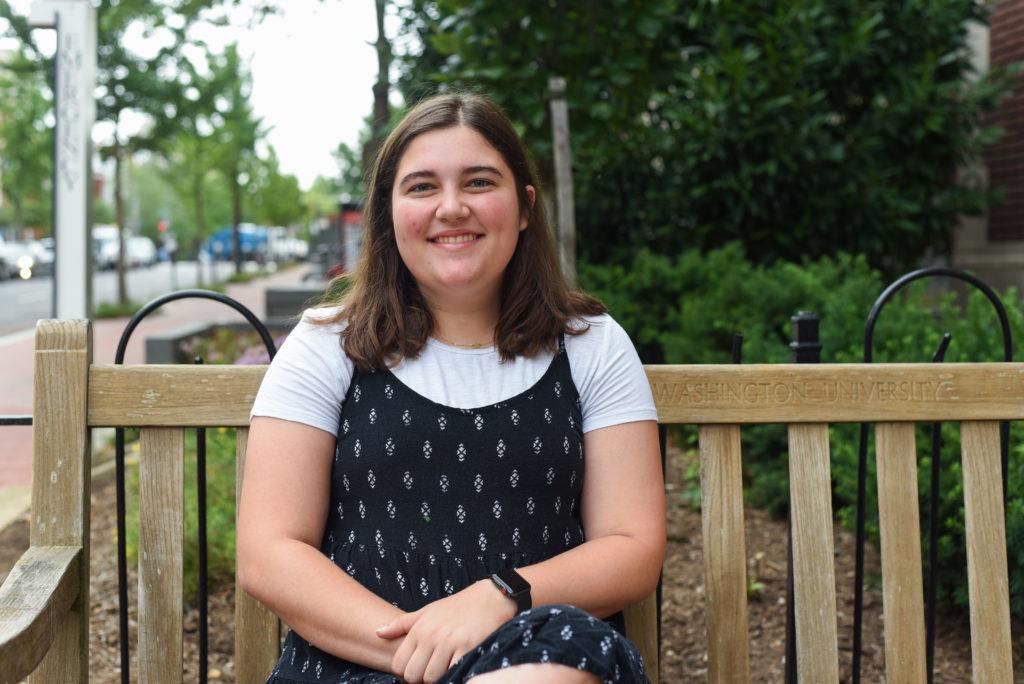After nearly all Residence Hall Association positions were filled in 2017, about three-fourths of the RHA hall council seats were uncontested in last week’s elections.
Of 135 hall council positions across the University’s 27 residence halls, only 80 seats – or 60 percent of positions – were contested in last week’s RHA elections. Students who ran for hall council said a decrease in candidates running for positions could be a result of lacking a sense of community within residence halls.
After elections Thursday, 28 seats across 11 residence halls and Greek life communities remained vacant. In 2017, 85 percent of halls boasted full hall councils after elections.
RHA President Trinity Diaz said six fewer candidates are running than last year, but students could still write in candidates for unfilled seats. Diaz said if seats remain vacant after the write-in process, the executive board will approach students in each hall and ask them to fill positions, and the e-board will vote for the candidates.
“Email is how we get to every student as well as social media,” Diaz said. “And then we also have some different in-person touch points. I attended [resident adviser] training, as well as house manager training, to help get the word out here.”
Students running for uncontested positions in their residence halls said residents may have chosen not to run because they were not aware of opportunities to get involved with the RHA, like council positions.
Stefano Annoscia, a sophomore and the president-elect of 1959 E St., said students may not run for hall council in his residence hall because residents typically do not express issues within their hall that would prompt advocacy. But he said his position as president provides an opportunity to gain leadership experience and foster a sense of community in the hall.
Annoscia said he is worried about handling the leadership responsibilities that would come if he has an understaffed hall council. One week after elections, during which residents could write in candidates who had not initially campaigned, the other four 1959 E St. council positions are still empty.
“It really puts the pressure on me as an individual to triple-check every decision I make and to balance my time better since I’m going to have a lot more duties than I bargained for,” he said.
1959 E St. houses students in the Focus on Fall Abroad Community, a group of students who spend their fall semesters studying abroad and return to campus in the spring to live with international exchange students. Annoscia said FOFAC and exchange students are less likely to participate in the RHA because they are not on campus for as long as most undergraduate students.
He added that students’ lack of school spirit could indicate low participation in this year’s elections, because students might not feel as invested in improving the sense of community in residence halls as students at other schools.
Candidates vying for Student Association positions this spring ran on platforms to improve campus community.
Officials are planning to add community lounges to Thurston Hall as part of their two-year renovation plan. Cissy Petty, the vice president for student affairs and the dean of students, pushed officials to add more common spaces in Shenkman Hall during her weeklong stay in the residence hall.
“There’s not a lot of community involvement in this school, there’s not a lot of school pride and there’s not a lot of willingness to build a good community at GW,” Annoscia said. “It’s more like an individualistic place, so that could also factor into why nobody wants to run.”
Grace Douvos, the president-elect of Clark Hall, said several residents expressed interest in running for write-in ballots after the deadline to run for hall council. She said she expects students to participate in hall councils after elections, during which e-board members ask residents to fill vacant positions in their halls.
Douvos said she wants to coordinate campuswide social events with leaders from neighboring halls and continue past events the RHA has hosted, like self-care nights.
She added that she will hold monthly hall-wide meetings to give residents a chance to regularly communicate with her. Douvos said she plans to hold a meeting to gauge residents’ interest in filling the seats that were left empty in her hall after the election.
“The main reason why I’m running is to definitely make my hall like more of a home, see what we can do to make people more comfortable, advocate for everybody’s needs,” Duovos said.
Cody Ingraham – the president-elect of graduate residence hall The Aston, which will house upperclassmen during the Thurston Hall renovation process – said graduate students are less interested in RHA affairs than undergraduates are because many graduate students have jobs and spend less time in their residence halls.
“You don’t quite have the same investment in community from the get-go,” he said. “People are living all over the place, you’re seeing people usually once a week and everyone is busy with their jobs.”
Ingraham said he plans to organize social outings to explore areas of the District and host gatherings for students to relieve stress during finals.
“Since we live so close to campus in GW housing, I think Aston residents have the greatest opportunity and convenience to get involved,” Ingraham said. “I hope I can be a catalyst in helping encourage that.”
Lia DeGroot contributed reporting.





